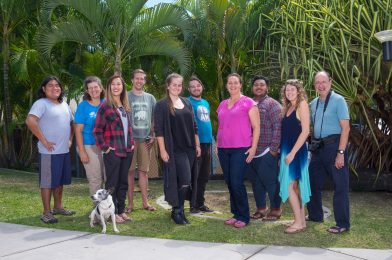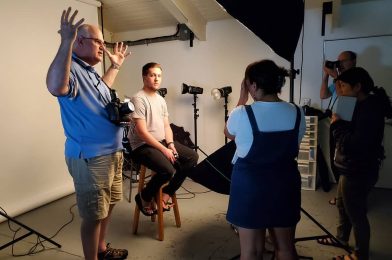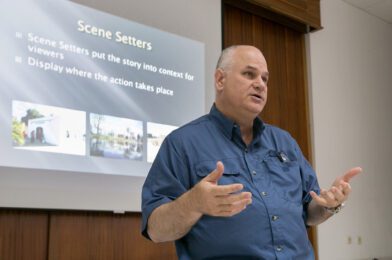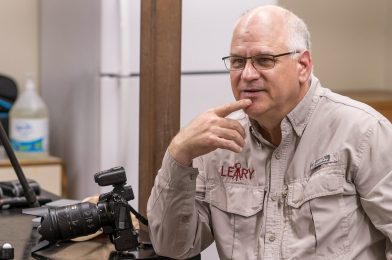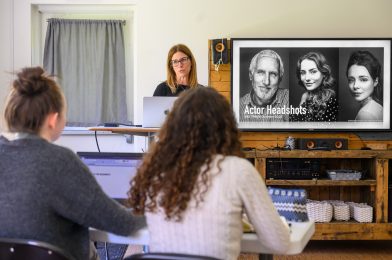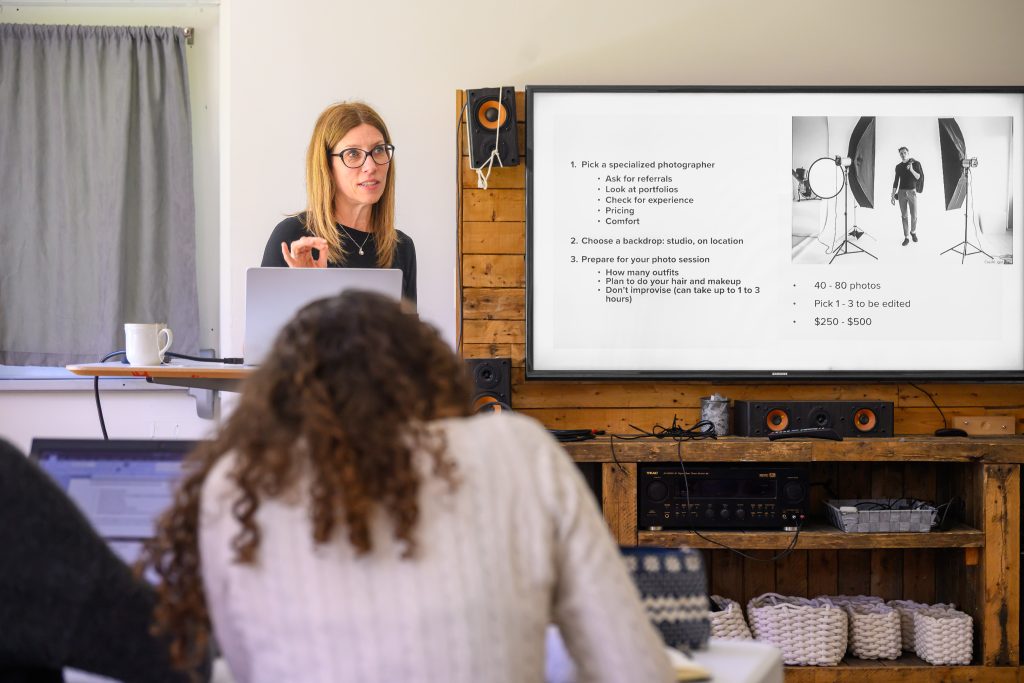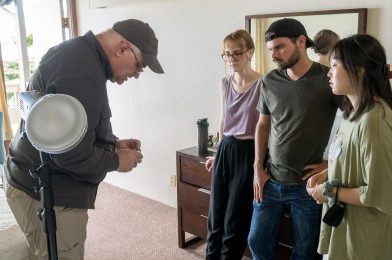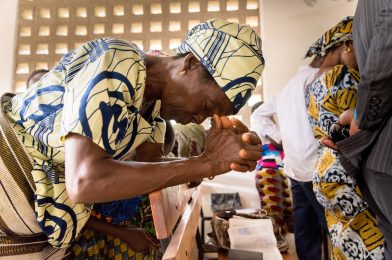Insights from a Mentor Who’s Walked This Road with You
One of my greatest joys is teaching and mentoring young adults, primarily through my work as a mentor in NPPA, YWAM, and our international storytelling workshops. I’ve spent much time listening to 20-somethings open up about what’s really going on in their lives—not just creatively or spiritually, but personally.
And one question comes up a lot:
“Why is finding real friends after high school or college so hard?”
That disconnection can feel overwhelming, whether fresh out of DTS or starting to build your life and calling. You want deep friendships. You want people who “get you.” But somehow, it’s more complicated than you expected.
You’re not imagining it. You’re not alone. And—this is important—you’re not doing anything wrong.
Mel Robbins, a respected author and speaker, has done some excellent work recently in explaining what’s happening during this season of life. I want to break down some of what she shares and weave in what I’ve observed walking alongside young adults for decades.
The Great Scattering: Why Friendships Feel Like They’re Falling Apart
In school or during DTS, friendships form naturally. You’re living together, eating together, and praying together. You’ve got a built-in community.
But once that season ends? Everything changes.
People scatter across cities, countries, and even continents. Life gets busier. Priorities shift. Friendships that once came easily now require effort.
Mel Robbins calls this transition “The Great Scattering.” And it’s one of the most significant emotional shifts in your 20s. You suddenly realize that friendship isn’t automatic anymore. It has to be intentional.
What Makes Adult Friendships Stick
Robbins says lasting friendships usually need three things:
- Proximity – You need to see or connect often.
- Timing – You’re in similar life stages or can relate to each other’s experiences.
- Energy – There’s a natural connection or shared purpose.
If even one of those is missing, that relationship might need extra effort or not work long-term. This doesn’t mean you failed. It just means the season or context has changed.
Real Friendship Takes Time
Another thing that surprises people: how long it takes to build close friendships as an adult.
- Around 74 hours of quality time can form a casual friendship.
- Over 200 hours are usually needed to build a deep one.
So when people say, “I don’t have close friends yet,” I often remind them—they probably haven’t had the time yet. Friendship is a slow burn, not a spark.
A Mentoring Mindset: Let Them
Robbins teaches something I often use when mentoring: the “Let Them” mindset.
If someone flakes on plans, let them.
If they don’t prioritize the friendship, let them.
If they go quiet for a while, let them.
This doesn’t mean you stop caring. It just means you stop chasing. You let people show you how much capacity they have for friendship. And you let yourself move forward without resentment or guilt.
What I Tell My Students (and My Kids)
If you’re in this season of figuring out who your people are, here’s my encouragement:
- Friendship gets harder, but it also gets richer. You’ll start finding people you choose—and who choose you back.
- Be the kind of friend you’re looking for. Consistent. Curious. Kind.
- Don’t confuse loneliness with failure. Most people are lonely. But few are willing to admit it. Your courage to press in is part of what will build your future.
And if we’ve crossed paths—on a YWAM base, in a workshop overseas, or through storytelling—I want you to know I see you. I know this road can feel lonely sometimes. But I promise: the deep, soul-filling friendships you’re looking for can be built. They just take time, intention, and grace.
I’m cheering you on.

